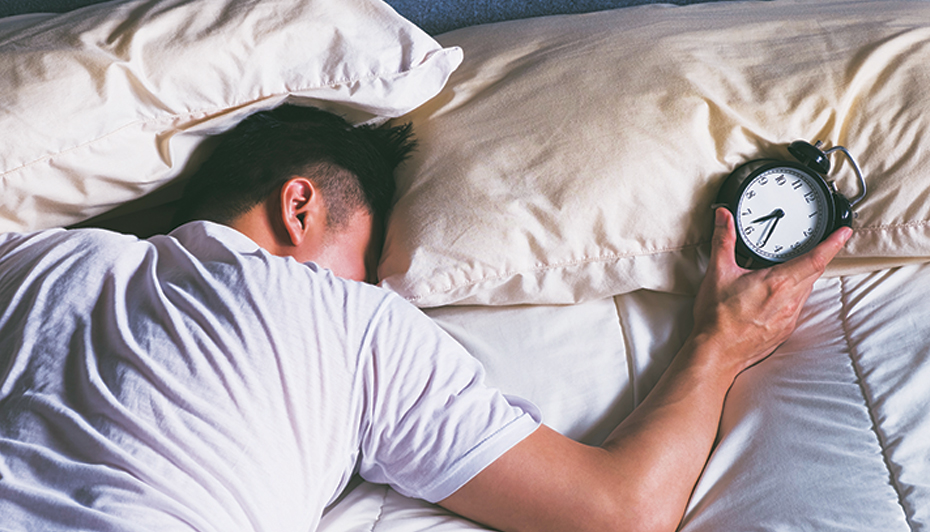Sleep medicine is a medical specialty that focuses on diagnosing and treating sleep disorders. Sleep disorders can affect your physical and mental health, and if left untreated, they can lead to chronic diseases such as stroke, heart disease, or diabetes. Luckily, sleep medicine Austin evaluates your whole body to determine the cause of your sleeping problems and develop the appropriate treatment fit for your situation. Proper management of your condition will lead to better and sufficient sleep, improving your quality of life. Sleep medicine offers various services, such as:
Diagnostic tests
Your doctor can recommend several tests depending on your sleep disorder. These tests include blood tests, sleep logs, and sleep studies.
Blood tests can reveal conditions that might lead to sleep problems, such as thyroid disorders.
Sleep logs help your doctor diagnose insomnia. They require the patient to record information like bedtimes, wake-up periods, and degree of daytime sleepiness.
Sleep studies evaluate and diagnose sleep disorders. Your specialist will conduct sleep studies according to the condition suspected. During sleep studies, you will be connected to sensors that monitor your stages of sleep, body movements, oxygen levels, and breathing patterns. For example, if you have sleep apnea, you will be observed in the lab overnight as you sleep. In the case of narcolepsy, you will sleep and wake up in the lab for a series of naps.
Treatments
Cognitive-behavioral therapy: This is a specialized therapy to identify thoughts and behaviors leading to insomnia. You can also learn new strategies to improve sleep.
Continuous positive airway pressure: This technique treats sleep apnea. A continuous positive airway pressure machine keeps your airway open by delivering a steady stream of air through a mask that you wear as you sleep at night.
Medications: Your doctor will prescribe medication that suits your sleep problem, insomnia, narcolepsy, or restless legs syndrome. Some people can use sleeping pills known as hypnotics for a short period. In some cases, the doctor can recommend medications to treat the underlying condition leading to your sleep disorder.
Oral appliances: If you have sleep apnea and cannot tolerate a continuous positive airway pressure machine, your specialist can develop a customized device similar to a sports mouthguard to wear in your mouth at night. This appliance holds your tongue or jaw in the right position to prevent airway blockage during sleep.
Better sleep hygiene: Good sleep hygiene involves developing beneficial habits to improve your sleep. These habits include creating a clean and pleasant sleeping environment, getting proper and enough exercise, exposing yourself to natural light during waking times, and avoiding stimulants like caffeine and nicotine before bedtime.
Surgery: Doctors can use different surgical procedures to treat sleep apnea or snoring problems. These procedures include:
- Hyoid suspension: This technique involves your surgeon connecting the hyoid bone in front of your neck to Adam’s apple or suspending it from your lower jawbone to help maintain the airway open.
- Weight loss surgery: Reduces weight in obese people to improve sleep apnea.
- Septoplasty: This surgical method straightens the septum to improve airflow.
Insufficient sleep can affect your normal functioning, which then affects your job or studies. Schedule an appointment at Sleep Cycle Center for sleep medicine services to boost your overall health.







